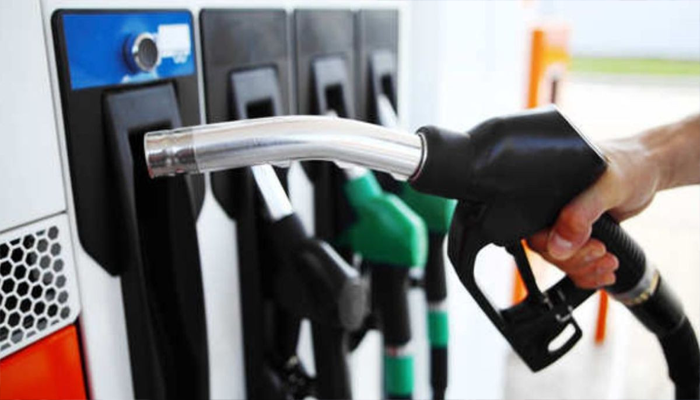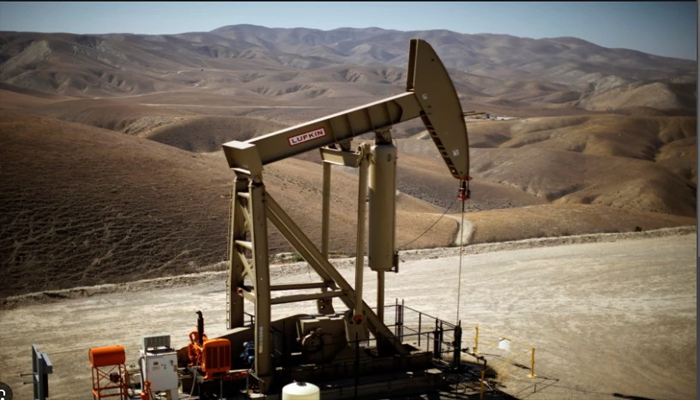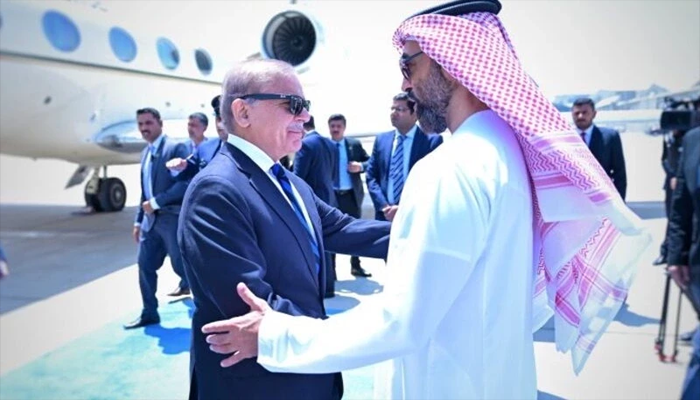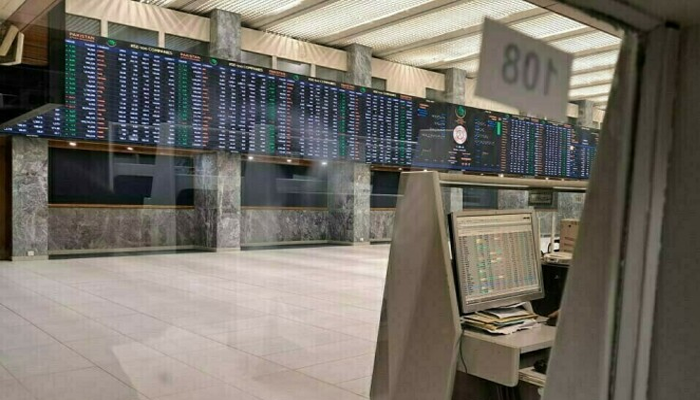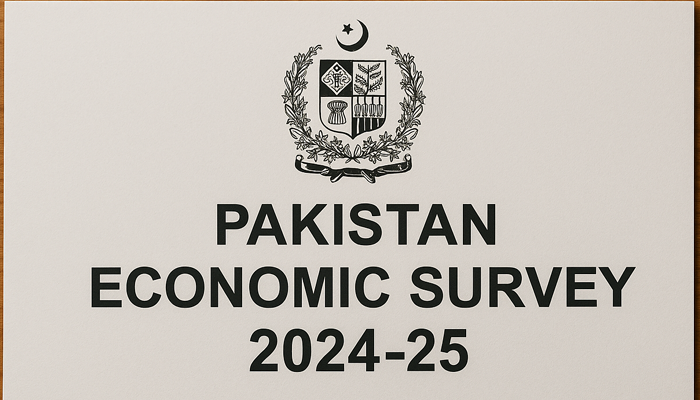ISLAMABAD: The federal government may struggle to meet its ambitious Rs1,161 billion petroleum levy (PL) target for the fiscal year, following a sharp uptick in global oil prices triggered by Israel’s latest military strikes on Iran.
On Friday, just hours after Israel launched fresh attacks on Iranian territory, global oil markets responded with an immediate surge in crude prices. Petrol rates jumped by $1.98 per barrel (BBL), rising from $71.81 to $73.79 per BBL. Similarly, high-speed diesel (HSD) surged by $2.54 per BBL, climbing from $76.14 to $78.68 per BBL.
This spike in international prices is expected to directly impact domestic fuel rates. From June 16, 2025, motorists in Pakistan may face an increase of Rs4.38 per litre in petrol prices and Rs5.02 per litre in HSD.
The premium on petrol has also seen a notable rise, increasing from $77.19 to $79.35 per BBL — a $2.16 increase. However, the premium on HSD remains unchanged at $3.25 per BBL.
Officials in the petroleum and finance ministries have voiced concerns that continued geopolitical instability and rising premiums could limit the government’s ability to impose and collect petroleum levy at the projected levels without pushing domestic fuel prices to unsustainable highs.
The Rs1,161 billion target is a key component of the government’s non-tax revenue projections and is essential for meeting fiscal deficit goals. Falling short could force the government to consider unpopular measures such as higher fuel prices or deeper expenditure cuts.
The situation has added another layer of economic uncertainty at a time when Pakistan is preparing for key financial reviews under ongoing talks with the International Monetary Fund (IMF). Any shortfall in petroleum levy collections could complicate future negotiations.
As tensions in the Middle East continue to escalate, Pakistan’s fiscal planners face the difficult task of balancing revenue goals with inflation control and political stability.

